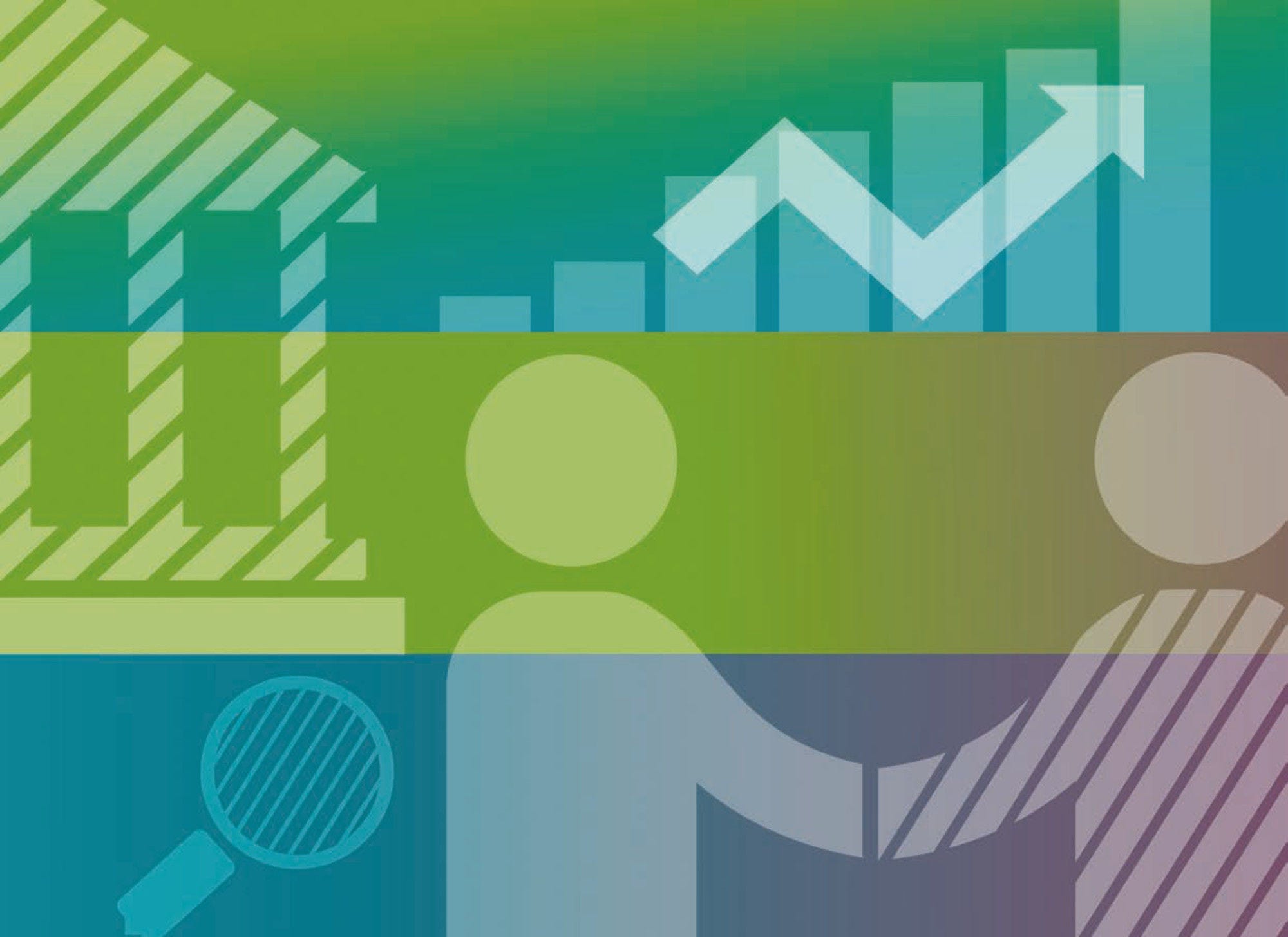The OECD Development Assistance Committee (DAC) conducts reviews of the individual development co-operation efforts of DAC members every five to six years.
DAC peer reviews seek to improve the quality and effectiveness of development co‑operation policies, programmes and systems, and to promote good development partnerships for greater impact on poverty reduction and sustainable development in developing countries. Commencing 2021, DAC peer reviews highlight good and innovative practices and respond to key challenges a member is facing on select themes, recommending improvements. This review is the first to adopt this new approach. It considers Denmark’s approach to: climate action, the humanitarian-development-peace nexus, Doing Development Differently, and embedding poverty reduction, human rights and inequality.
The OECD Development Co-operation Directorate provides analytical support to each review and is responsible for developing and maintaining, in close consultation with the Committee, the methodology and analytical framework within which the peer reviews are undertaken.
Following the submission of a memorandum by the reviewed member, setting out key policy, system and programme developments, the Secretariat and two DAC members designated as peer reviewers visit the member’s capital to interview officials, parliamentarians, as well as representatives of civil society, non-governmental organisations and the private sector. This is followed by up to two country visits, where the team meets with the member and senior officials and representatives of the partner country or territory’s administration, parliamentarians, civil society, the private sector and other development partners. The findings of these consultations and a set of recommendations are then discussed during a formal meeting of the DAC prior to finalisation of the report.
The peer review of Denmark involved an extensive process of consultation with actors and stakeholders in Denmark, Kenya and Somalia. Due to the COVID-19 pandemic, these consultations were undertaken virtually. The resulting report, which contains both findings and recommendations, formed the basis for the DAC meeting at the OECD on 1 July 2021, at which senior officials from Denmark responded to questions and comments shared by Committee members.
The peer review took into account the political and economic context in Denmark, to the extent that it shapes Denmark’s development co-operation policies, systems and programmes.
